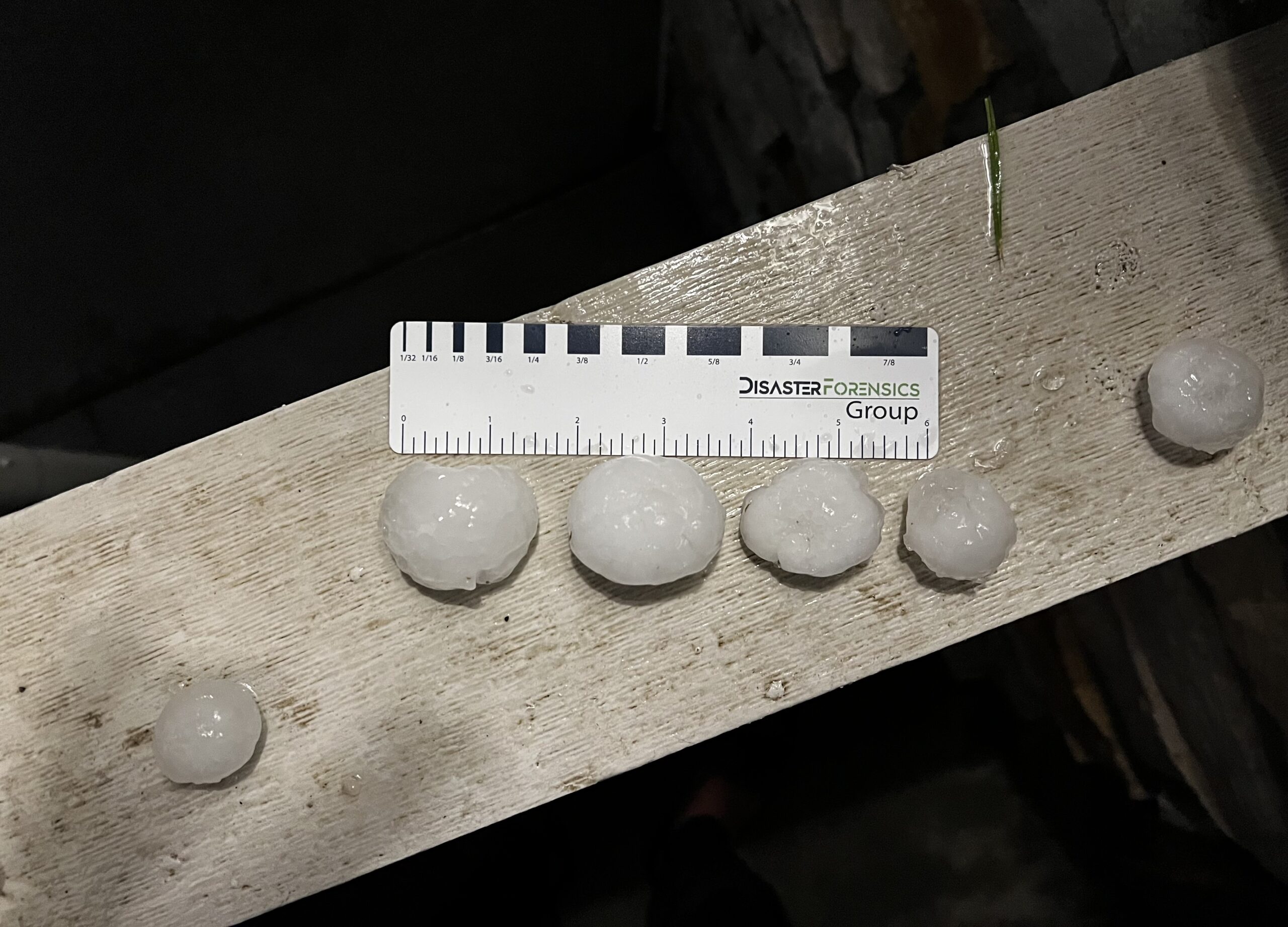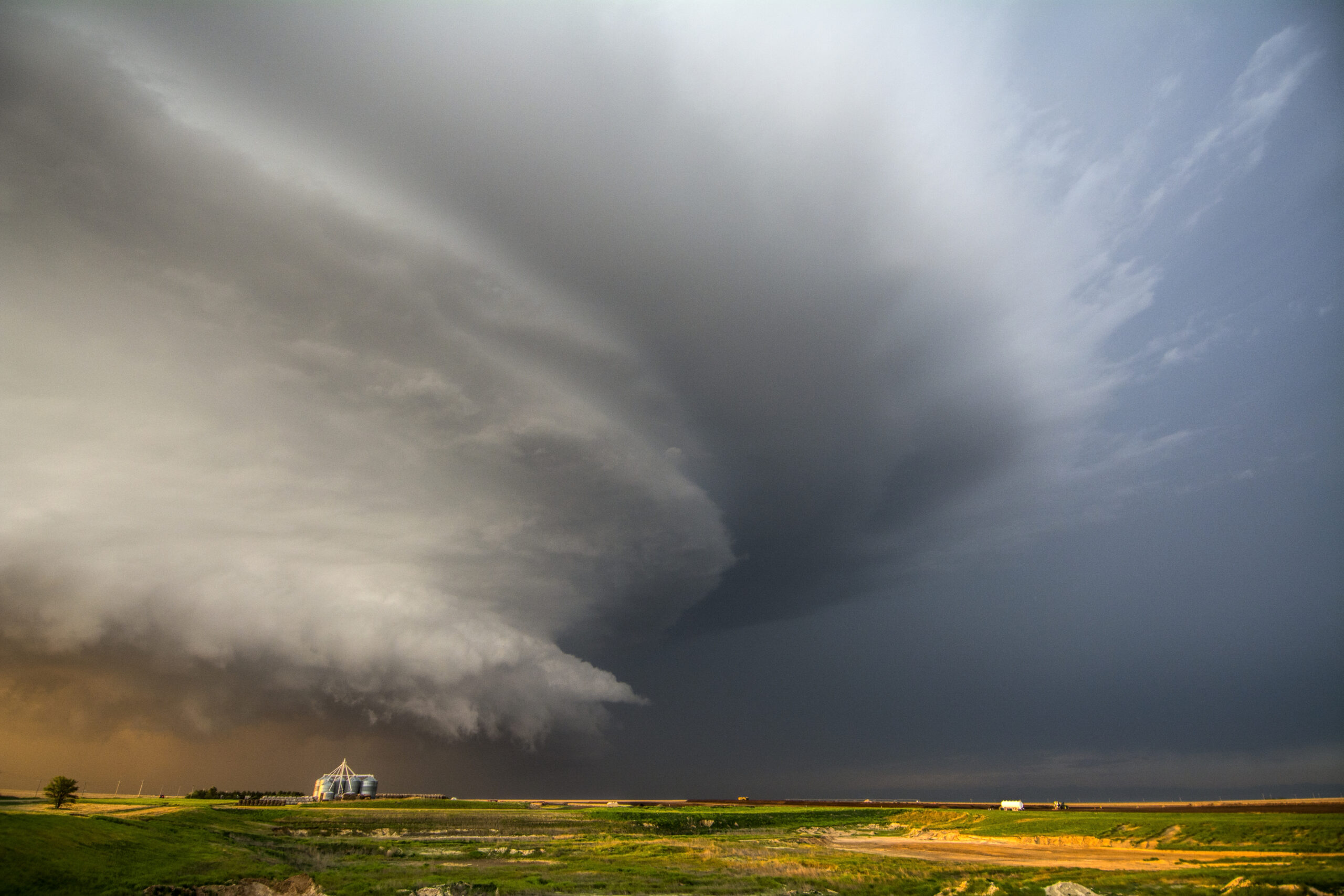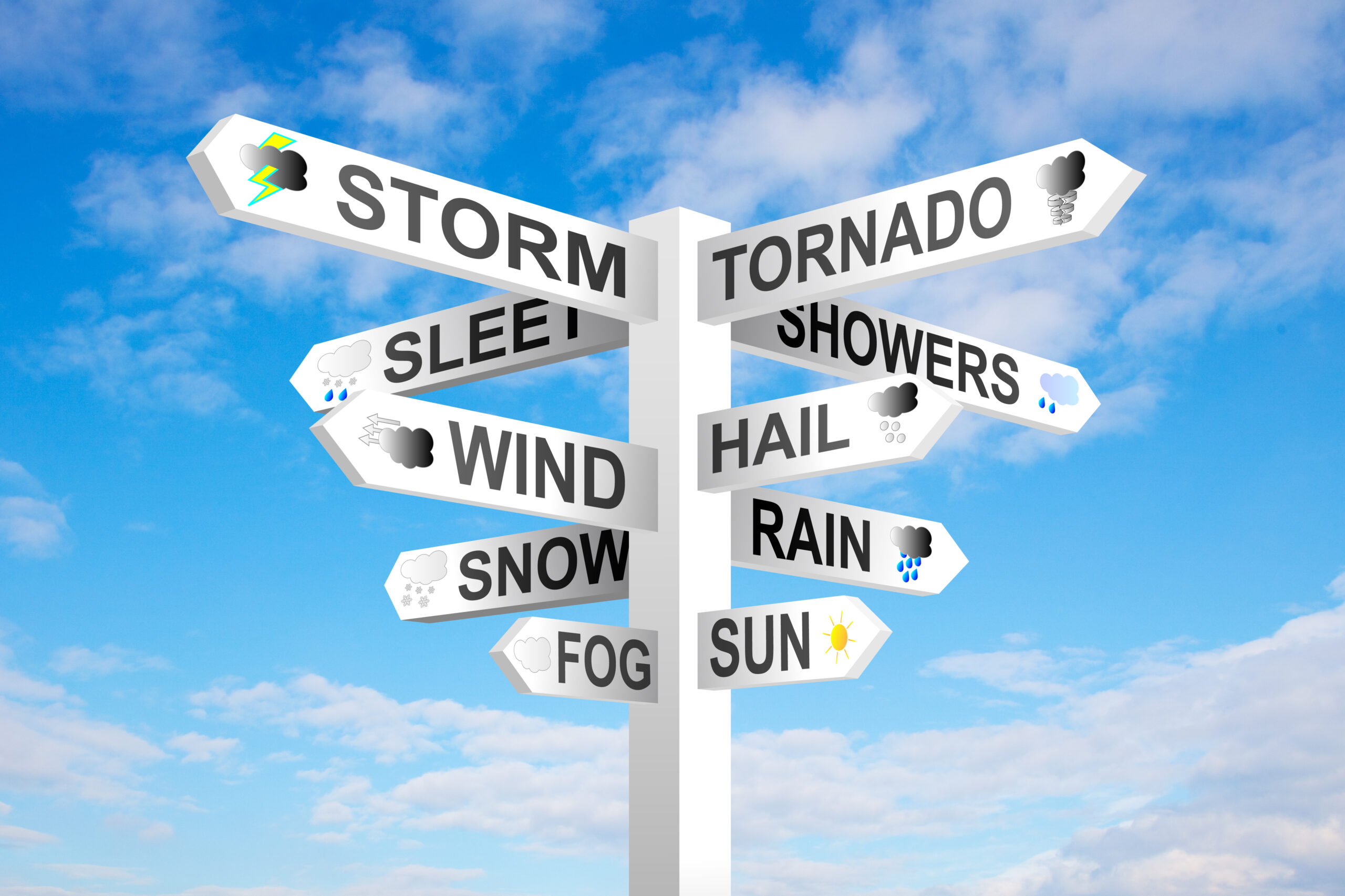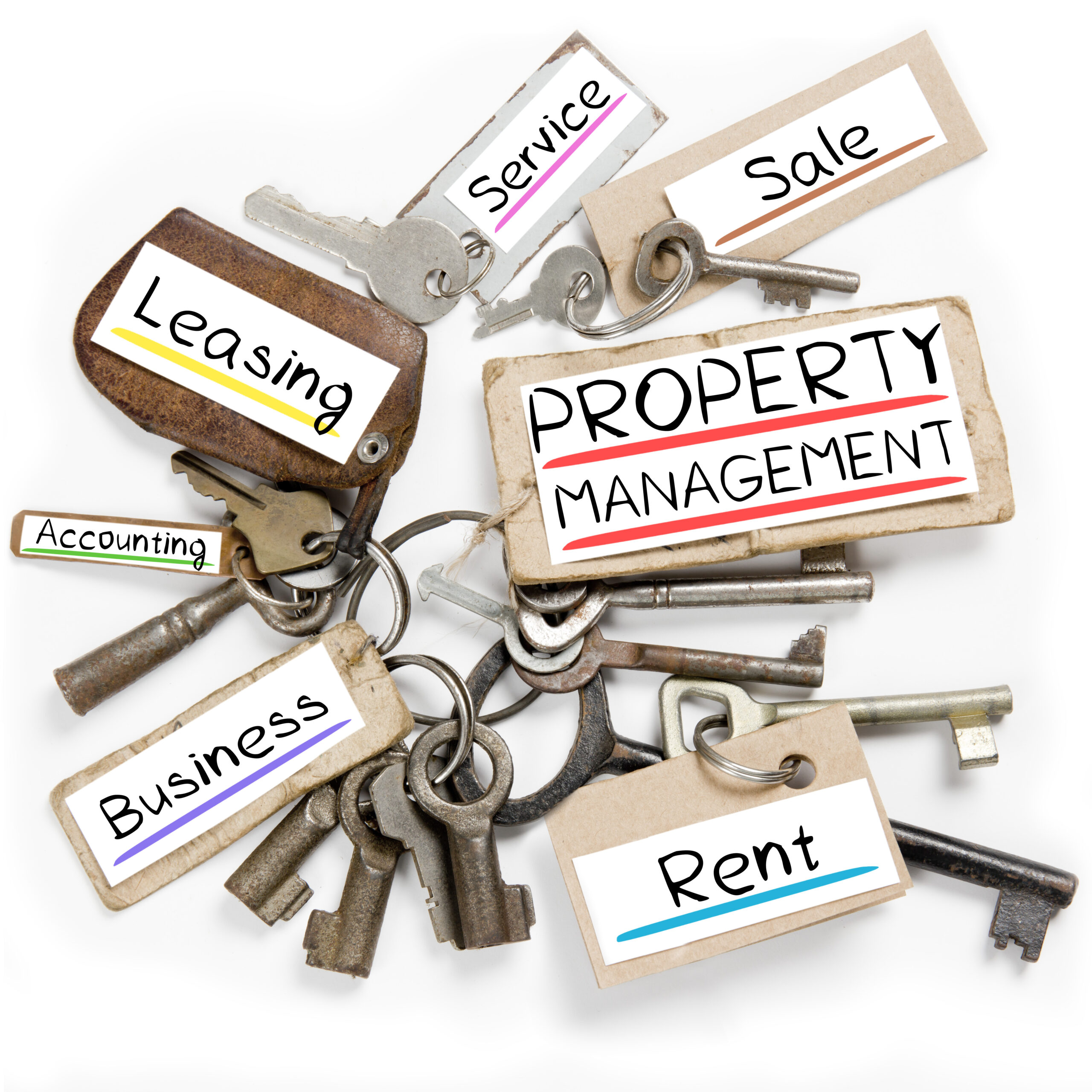Large golf ball size hail hits north of Denver, CO. Tuesday, May 9th, 2021.
Tuesday evening’s hailstorm in Colorado produced up to two-inch hail. Due to the amount, CBS Colorado reported the hail needing to be shoveled from some residents’ driveways. According to the National Oceanic and Atmospheric Administration (NOAA) Colorado is historically one of the states that see the most hail alongside Nebraska and Wyoming.
What Type Of Damage Can Hail Cause?
Hail of all sizes can cause property damage. Per the NOAA, 1-inch hail travels between 9 and 25 MPH, and 2-inch hail can fall at a speed of up to 40 MPH. Storms producing hail are typically accompanied by high winds and/or extreme rainfall. Therefore, damage that impacts buildings due to a hailstorm can have multiple types of damage. This increases the complexity of an insurance claim and should be navigated by someone who understands how to properly evaluate the damage to prove the loss. [Check out THIS VIDEO about how even small hail can impact a tile roof]
Why Should I Have Representation For My Insurance Claim?
Let us begin with this; not all insurance claims NEED a public adjuster. However, large loss and commercial property claims should be handled by a licensed public adjuster so they can manage the logistics and complexities of these claim types. Additionally, it is important for the public adjuster involved to have experience with the specific type of claim and building type to provide you with the best possible representation.
Why C3 Group?
Our team is comprised of an incomparable investigations team, certified Level 3 Xactimate estimators, Public Adjusters, and industry experts. Since 2012 we have handled some of the most complex insurance claims and have built a process around years of success. Each C3 team member is committed to putting people first, ensuring every question is answered, and an open line of communication is in place throughout the claim process. We value transparency to ensure all of our clients know exactly what to expect and are involved in any decisions or issues that may arise. We pride ourselves on producing a proven work product that relies on fanatical attention to detail and data-driven results. This allows our work product to speak for itself, eliminating many carrier arguments from the beginning of the claim process for a quick and accurate settlement.
C3 Group works on a contingency basis, meaning you pay us nothing if we do not recover insurance proceeds. Therefore, we are vested in resolving your claim ethically, properly, and promptly.
The insurance company has claim adjusters working for them. It’s imperative to have someone representing your interests as well. C3 Group welcomes the opportunity to review your claim as a courtesy at no cost to you.
Want to Learn More?
C3 Group is always here to help! If you are interested in learning more about our unique process or if you have questions on a specific claim, speak with team by calling (833) 232-5246 or contact us below.
What should I do when my
property gets damaged by hail?
-
- Making claim for replacement cost value (RCV)
- “Suit Against Us” provisions
- Proof of Loss
-
- Statutory requirements
- Business interruption/extra expense
-
- A need for engineers
- Short inspections
- Mentions of damages under deductible
-
- Reservations of Rights
- Claim denials or delays
- Examination under oath (EUOs)
Frequently Asked Questions About HAIL DAMAGE INSURANCE CLAIMs
How do I know if I should turn in a hail claim?
It’s best to contact a professional to validate damages BEFORE you notify your insurance company in order to avoid a frivolous claim. There are no hard and fast rules on what warrants damage. For example even 1” hail and 60 mph gusts can cause damage depending on the surface it impacts. (Watch this video for an example.)
Will a hail claim raise my premiums?
Typically an “act of god” claim will not increase your premium. However, even if you don’t submit a claim or are not affected by a large catastrophic storm, you may see a rate increase as many other people submit claims.
Can I dispute my hail claim?
Who do you trust, your contractor or your insurance adjuster? If you have an active claim and you have a large dispute between the amount paid by insurance and what your contractor is stating, it’s a good idea to contact a public adjuster, who can assist you in disputing the claim.
What do I do if my claim gets denied or underpaid?
If you have a claim denial or a partially denied claim, it is a good idea to have a licensed public adjuster or attorney review the file to provide a secondary coverage opinion. Our team can review your claim for free.
How do I know if I need a public adjuster on my hail claim?
A qualified restoration contractor can provide an estimate and guide you through the residential claims process. However, if you own or manage a commercial property, policies become more complex and require more detailed reviews of coverage. Oftentimes, insurance companies will require detailed estimates written in a software program, Xactimate. And unfortunately, the vast majority of commercial property claims are underpaid. Our team is certified in Xactimate and includes one of only 48 Xactimate Certified Trainers in the nation. We also have the insurance knowledge and industry expertise you need to ensure your claim is filed accurately, negotiated professionally and paid fairly.
What if my insurance company doesn’t pay Overhead and Profit on my hail claim?
This is a common problem with some insurance companies and it’s unfair and in some states – illegal. Overhead and profit, (“O & P”) is a known expense that all contractors charge, usually at a rate of 10% and 10%. Sometimes insurers will not pay this on the roofing portion of the claim because they believe it’s already part of the Xactimate estimate. Check out our white paper to learn why this is incorrect.
As a contractor, why should I engage a public adjuster on a hail claim?
A public adjuster can help with scaling your company by taking out the everyday minutia of writing an estimate, corresponding with stakeholders and insurance company reps and navigating policy intricacies. We also have the training and expertise to handle claim red flags on behalf of you and your customer, including when/if to engage an engineer, policy coverage, delays, unwarranted denials or underpayment. Furthermore, there are legal limits to what a contractor can do when dealing with insurance claims. Contractors working with policyholders should check the public adjuster statutes in their jurisdiction to ensure they are not acting as an unlicensed public adjuster when assisting in claims.







